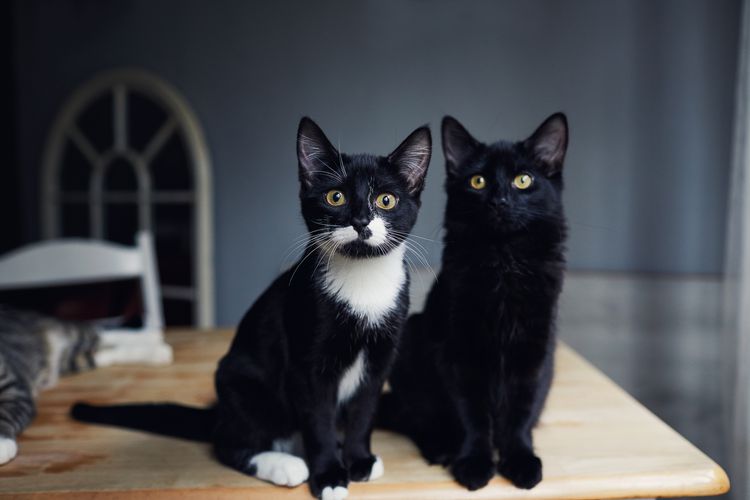
For a long time, cats have held a reputation for being solitary, and while they certainly aren't as social and gregarious as dogs are, cats can live in the same home and do well together. They can even become bonded to one another. One behavior you may see from time to time if you live in a multicat home is one cat slapping another cat. Why do cats do this? Are they fighting with one another? Or is something else going on?
A cat may slap another cat for a multitude of reasons. The trick to determining why your cats are slapping each other is to look at the rest of the body language and behavior of your cats. Cats slapping one another is a normal behavior for them, even if some of the reasons for it are less desirable.
Playful, energetic cats may slap each other as an invitation to play. Cats that are inviting play by slapping will have body language fitting a playful cat. Their whiskers will be forward and their attention given to the situation at hand. Their claws will be retracted for the slap so as not to hurt the other cat. There will be no yowling, screaming, or hissing from the cat that's doing the slapping. All of these nonverbal cues indicate to the other cat that the slapper wants to play.
Cats are obligate carnivores, meaning they require animal protein in their diet. This means they are also tiny little predators and, as such, they have a high prey drive. In fact, a lot of toys on the market actually tap into this. Feather wands, jingle balls, and laser pointers all exploit your cat's predatory instincts. Cats that don't have an appropriate outlet for these instincts may start to act out by pouncing on their housemates, or you. If your cat slaps another cat with all the hallmarks of playful body language but you feel they are still a little too exuberant about the slapping, they may be doing it because of a pent-up instinct to hunt.
If a cat isn't feeling well or if they are experiencing pain, they may slap other cats to get them to stay away. Cats suffering from chronic pain or chronic illness tend to be more guarded with other pets in the home.
They could be fearful of other pets accidentally hurting them. Cats don't necessarily show arthritic changes outwardly like dogs do. In fact, a study showed that 61% of cats over the age of 6 years had arthritic changes that could be seen in at least one joint on X-ray and 48% had changes in multiple joints.
It's important to note that the arthritis in these cats was diagnosed not by changes the owners had noted, but by X-rays. An older cat that has seemingly normal activity at home may be harboring arthritic pain. This could explain why a cat seems to get crankier with age; they could be in pain.
Again, it is possible for cats to live together with no issue, but that's not always the case. Sometimes cats don't get along with each other when they are living in close quarters. Cats that live together and fight are exhibiting something called inter-cat aggression, and that could be the reason they are slapping each other. The body language of cats slapping each other due to inter-cat aggression is dramatically different than cats slapping each other to instigate play. Cats that are acting out aggressively will appear tense. Their ears will be flat back against their heads and their faces will be tight, drawing their whiskers back against their faces. They will be vocalizing, making the proverbial angry cat sounds of growling, hissing, and screaming. Because every cat is an individual, inter-cat aggression can be a nuanced behavioral problem, but aggression can stem from a lack of resources in the home. Resources include things like litter boxes and water bowls, but they can also include toys, beds, and vertical spaces like cat trees and shelves.
Even though cats slapping one another is considered to be normal behavior, that doesn't mean your cats should be slapping each other. There are ways you can minimize the incidence of cats slapping one another.
If your cats are slapping each other because of play and instinct, instilling scheduled and structured play times can help. A cat that has the same scheduled 20 minutes every day to hunt and pounce on its favorite wand toy or chase the elusive red dot may be less likely to slap its housemates for play. It's important to remember that part of the fun of the hunt is catching the prey at the end. Laser pointers don't allow for this, so if your cat loves playing with them, end each play session by tossing them a kicker toy that they can jump on and bunny kick to "kill."
Keeping your cat up-to-date on its annual exams can help ensure there aren't any illnesses brewing that may be causing pain or discomfort. Cats tend to be nervous at the vet, and it can be difficult for your vet to accurately assess them to see if there are subtle signs of arthritis. Get a video on your phone of your cat walking around or jumping up on things; this can be a great help for your vet to determine if your cat has early arthritis. As your cat ages, consider starting them on a joint supplement. Your vet can recommend the best product for your cat.
Inter-cat aggression isn't always a quick-and-easy fix, but there are some things you can do to make home life less stressful for your cat. Ensuring there are an adequate number of litter boxes is a great start. Most behavior experts recommend the number of litter boxes in your home equals the number of cats you have, plus one. So, if you have two cats, you'd ideally have three litter boxes.
Experts also recommend that litter boxes be on every level of your home and not all clumped together on one floor or in one location.
You can also minimize inter-cat aggression by increasing the number of vertical spaces in your home. Cat shelves and cat trees, especially in high-traffic areas such as hallways, can relieve the stress of living in tight quarters while also giving cats a more appropriate outlet for their stress.
It's normal for cats to hit each other. That being said, it can mean a variety of things, and stopping it can require different strategies. If you have concerns about chronic pain in your cat or how to get your cats to get along better, speak to your veterinarian.
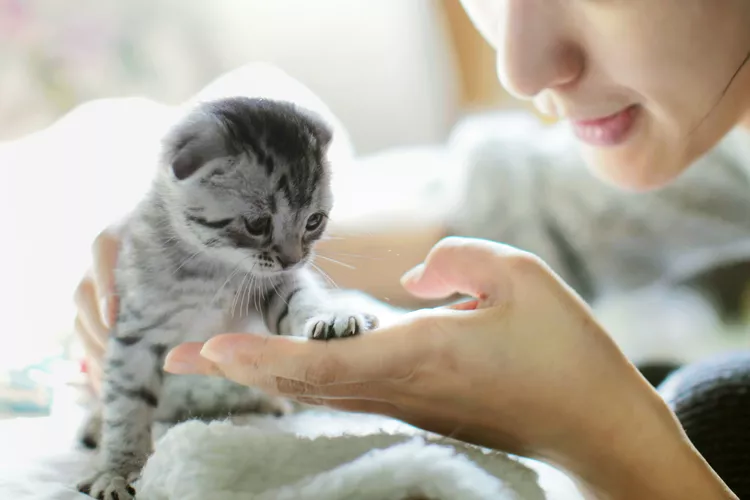
The First 30 Days With Your New Kitten
The first month is full of changes and excitement for a kitten in a new home. Find out what to expect and what you can do for your new feline friend.
How Old Is Your Cat in Human Years?
As a cat ages, there are often behavioral and physical changes too. Find out how to convert cat years to human years and what to expect at each stage.
What to Buy for Your New Cat: A List of Essentials
Before you bring your new cat or kitten home, there are a number of things to collect or buy so your cat will feel welcomed like a family member.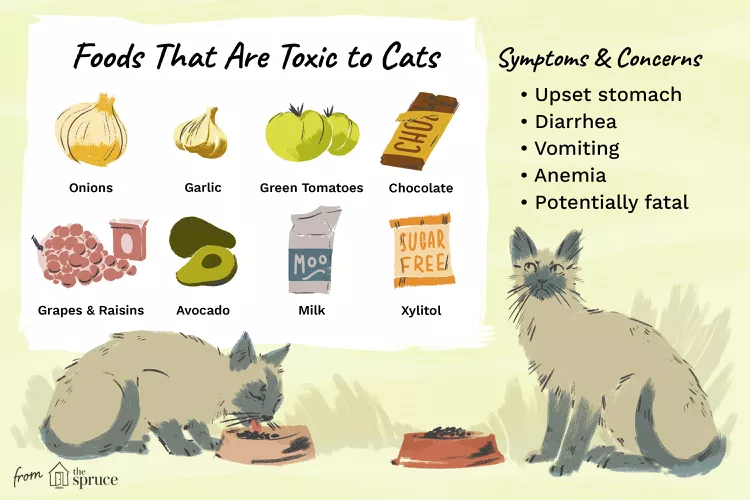
Human Foods That Are Poisonous to Cats
Many human foods are toxic to cats. Avoid feeding cats table scraps. Instead, feed a nutritious cat food created for their specific nutritional needs.
Cat Food Ingredients to Avoid
When checking the nutrition content of cat food, look for ingredients that are not healthy or show it is of poor quality. Avoid these 3 ingredients.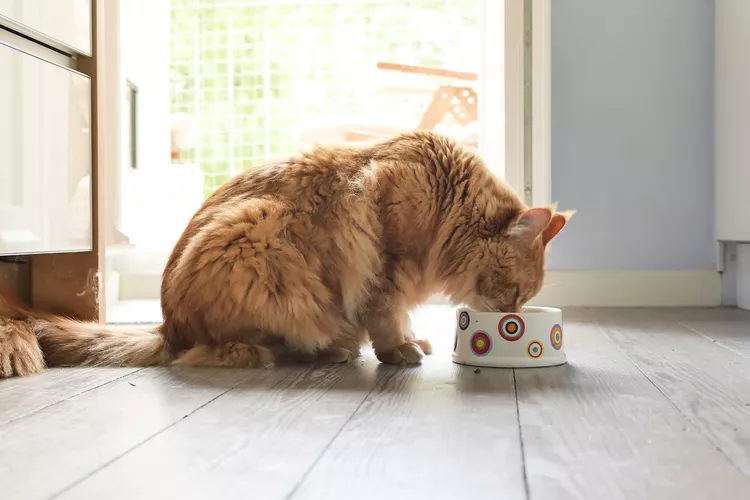
Should You Feed Your Cat a Raw Diet?
Learn the pros and cons of raw diets for cats, and find out how to choose a raw food diet for your own cat.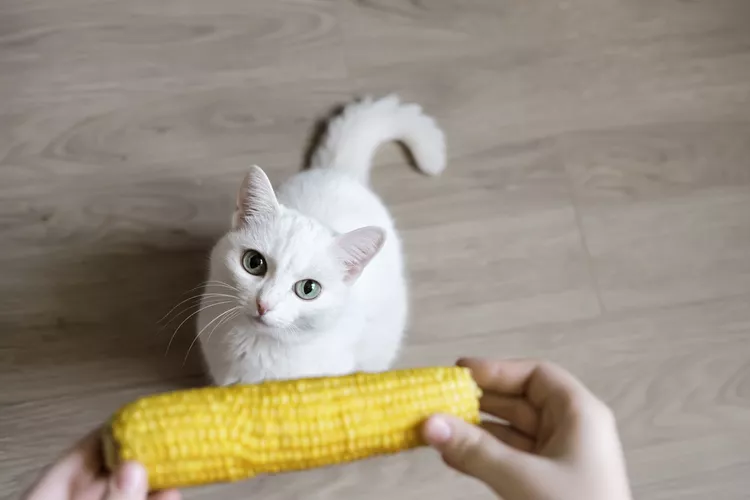
Can Cats Eat Corn? Here's What A Vet Thinks
Corn is a common ingredient in cat food and can be a safe treat for cats when fed in moderation. Find out more about how to safely feed corn to your cat.
10 Obscure, Little-known Canine Facts in Honor of National Dog Day
With National Dog Day upon us, it's time to celebrate everything about our favorite pets—even the weirder stuff. Here are 10 obscure facts about dogs you probably didn't know.
The Different Types of Pet-Friendly Workplaces
Discover the different types of pet-friendly workplaces and the benefits they offer employees. Learn how to create a pet-friendly workplace and the best practices for pet owners.
Exploring the Different Types of Pet-Friendly Beaches
Are you looking for pet-friendly beaches? Learn about the different types of pet-friendly beaches, their locations, and tips for visiting them with your pet.
Why Is My Dog Lethargic?
Lethargy can be a sign that something is wrong with your dog. Find out what may be causing this lack of energy and what you should do about it.
Medications to Prevent Heartworm Disease for Dogs
Heartworm disease is a serious risk for all dogs exposed to mosquitos. Find out about the products used to prevent Heartworm disease in dogs.
Can My Dog Eat Tomatoes?
You'll want to keep Fido out of your garden since the tomato plant is toxic, but you can safely offer him ripe tomatoes as a nutrient-packed treat.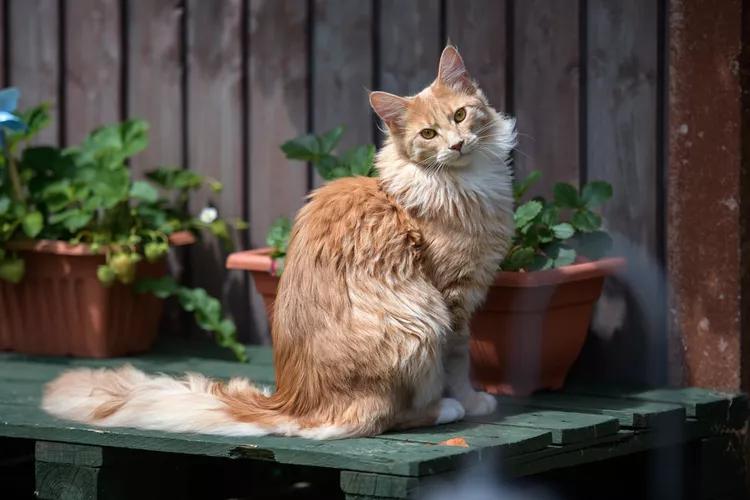
15 Best American Cat Breeds
Several cat breeds, including the American shorthair and Bengal, have their origins in the United States. Learn more about these American cat breeds.
Why Do Cats Slap Each Other?
Cats can have some quirky behaviors—one of them being slapping each other. Why do they do this and what can you do to stop it?
Skye Terrier: Dog Breed Characteristics & Care
Learn all about the Skye Terrier, an elegant breed known for its friendly and even-tempered personality with classic terrier traits.
Sloughi: Dog Breed Characteristics & Care
Learn all about the Sloughi, an ancient dog breed known for its impressive running ability, slim stature, and affection toward its family.
English Setter: Dog Breed Characteristics & Care
Learn about the English setter, an excellent hunting breed for pointing and retrieving game. It's also a popular and affectionate companion dog.
Why Dogs Bury Bones and Other Objects
If you give a dog a bone, he might bury it. Why is that? Learn about this burying behavior in dogs and what it means for your pet.
Reasons Why Dogs Run Away and How to Stop It
Dogs can escape, especially if they’re bored and not properly contained. Here are some techniques for stopping your dog from running away.